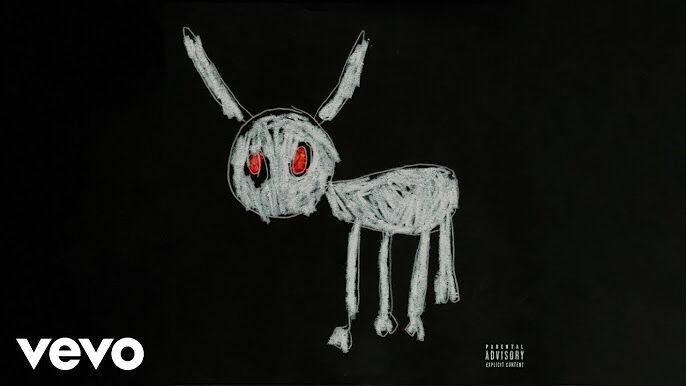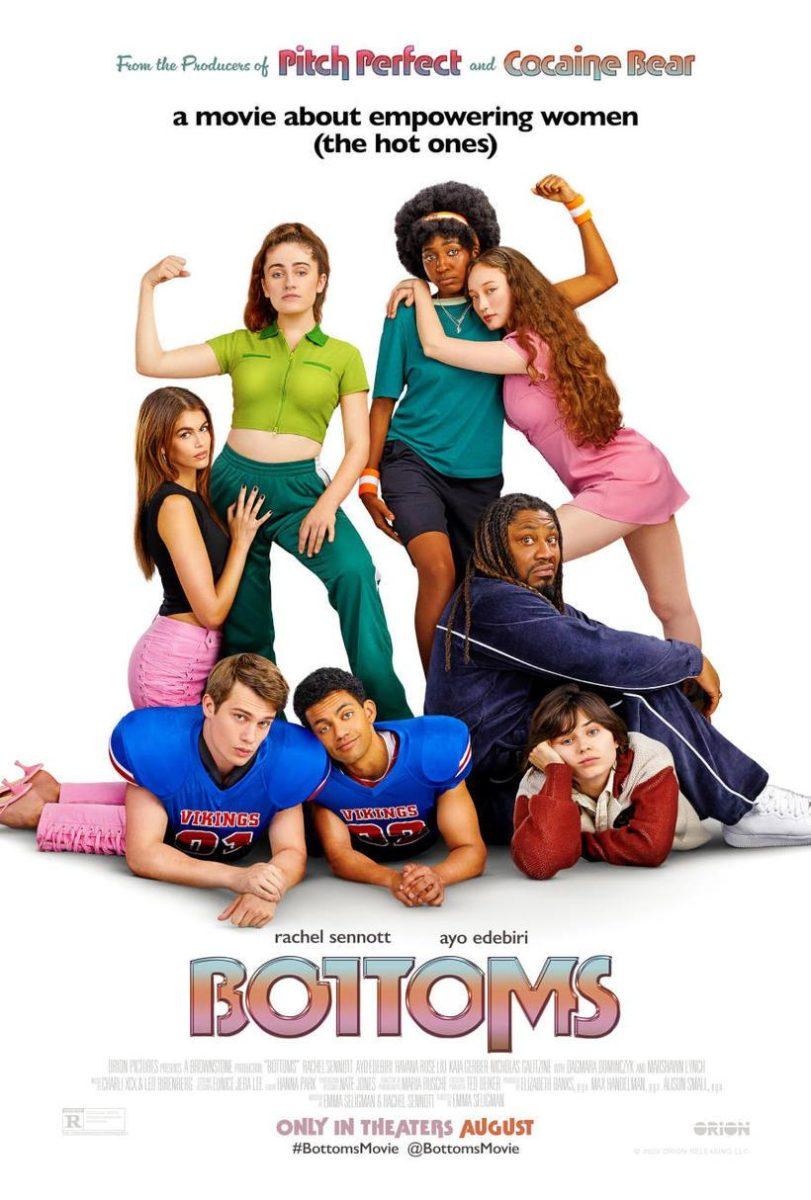Stars: 5/5
Twenty-one-year-old British singer-songwriter Alex O’Connor released his third full-length album,”Pony,” Oct. 25. The indie record did more than deliver timeless hits — it covered the purity of young love, mental health and the struggles of growing up which most young people can relate to.
O’Connor, who is known by his stage name Rex Orange County, released his debut album “Bcos U Will Never B Free” in 2016. O’Connor’s debut album earned him a solid fan base, but he became a break-out star when he featured on rapper Tyler the Creator’s song “Boredom” from the rappers 2017 album “Flower Boy.”
Three months before O’Connor’s collaboration with Tyler the Creator, he released his 2017 album “Apricot Princess.” The inspiration for the title came from O’Connor’s pet name for his girlfriend Thea Murrell. After his exposure from Tyler the Creator’s album “Flower Boy,” O’Connor started to gain a larger fan-base.
Although O’Connor’s first and second albums are gems that can pull at the heart-strings of many young people and accurately convey emotions on complex topics, “Pony” is O’Connor’s best album yet.
I was hesitant to listen to Rex Orange County’s latest album because, like most fans, I knew I would inevitably compare it to his two previous albums. When I first listened to “Pony,” I checked to see if it comprised his common elements easily identified on his previous records.
The indie singer tends to stick to a basic formula of creating lo-fi beats, singing with a mixture of neo-soul and folk and writing simple lyrics with abstract themes throughout songs.
The simple lyrics in the new album are more straight-forward and allow listeners to immediately know a song’s message. This may be disappointing to music lovers who enjoy analyzing the lyrics of a song, but I found Rex Orange County’s vulnerable lyrics to be appeasing.
O’Connor creates a certain charm with his blatant song titles. They create a sense of foreshadowing with their transparency.
The album’s fourth song, “Face to Face,” emphasizes the strong connection O’Connor has with his girlfriend. He reveals the difficulties of their long-distance relationship while he was on tour, performing on T.V. shows in many countries or recording “Pony.”
In the song, O’Connor says he misses his girlfriend because she’s his only friend. This emphasizes their unbreakable bond and O’Connor’s sincere faith in their relationship.
O’Connor said on Twitter the song was about being away from home, being trapped in an undesirable situation and finding it difficult to trust people.
On the album’s fifth song “Stressed Out,” he reflects on his experience with friends he no longer speaks to because they took advantage of him when he became famous.
The indie singer yawns at the beginning of the song to imply he’s tired of dealing with unloyal friends and allowing them to steal his joy. O’Connor confesses it was partially his fault because he didn’t immediately confront old friends when they took control of him. He criticizes them for wanting to be friends now that he’s reconnecting with his fans because they abandoned him when he was depressed about the future of his music career.
“Stressed Out” is a relatable song because everyone has been down the path of losing a friend or feeling a lack of support from people who are expected to remain loyal through happy and tragic times in someone’s life.
On O’Connors ninth track, “It Gets Better,” he calls his former selves ignorant and naive. He reflects on his neediness to feel validation in 2012. He reminisces about 2015, the year he met his girlfriend and thanks her for making him a better person.
Every song on “Pony” appears to be pages, with heart-wrenching words, from a diary Rex Orange County decided to finally share with the world. Of course, his past albums discuss wonderful and painful experiences throughout his life, but this album effortlessly depicts the beauty and detriments of being human.
“Pony” reminds people that everyone encounters adversity and outgrows older versions of themselves. It’s in these times we reflect on how far we’ve come and assure ourselves we’re capable of overcoming future hardships.








